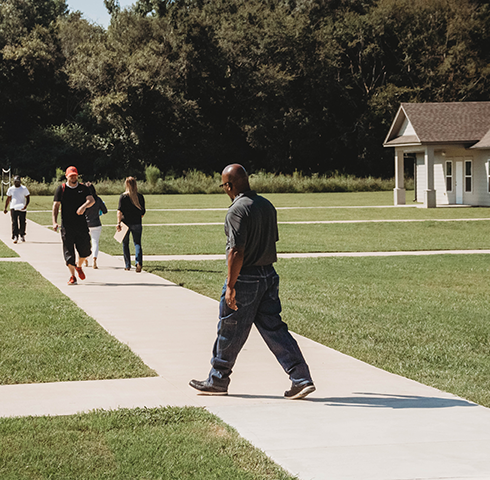Intensive Outpatient Program
What is an Intensive Outpatient Program (IOP)
An Intensive Outpatient Program, often shortened to IOP, is the second step of rehab and addiction recovery therapy.
An IOP serves as a step-down rehab program. Meaning, a guest steps down from residential, inpatient care to continued intense, night-time therapy. An IOP allows the guest to begin working and getting back to their basic everyday life while continuing therapy at night. This ensures they are receiving continued care as well as maintaining a support system for the initial struggles they face during this transition out of addiction.
Intensive Outpatient Program at Second Chances
The IOP groups at Second Chances meet for three hours in the afternoons or evenings, three days per week ultimately receiving 9-12 hours per week of treatment. Our IOP also includes family involvement and random drug testing for accountability.
IOPs continue to ensure that guests are held accountable for their recovery without preventing them from attending to life’s necessities. Helping them keep a sense of structure and stability while increasing flexibility along their journey of hope, healing, and restoration.
IOP Therapy for Substance Abuse Concerns
The Intensive Outpatient Program here at Second Chances is not always used just as a transitional program. Meaning this program can also be of assistance to someone that may not be addicted at the present moment but acknowledges that there is a problem with substance abuse or mental health concerns. The goal here is to help this individual before they ever reach the level of addiction requiring more structured treatment.

